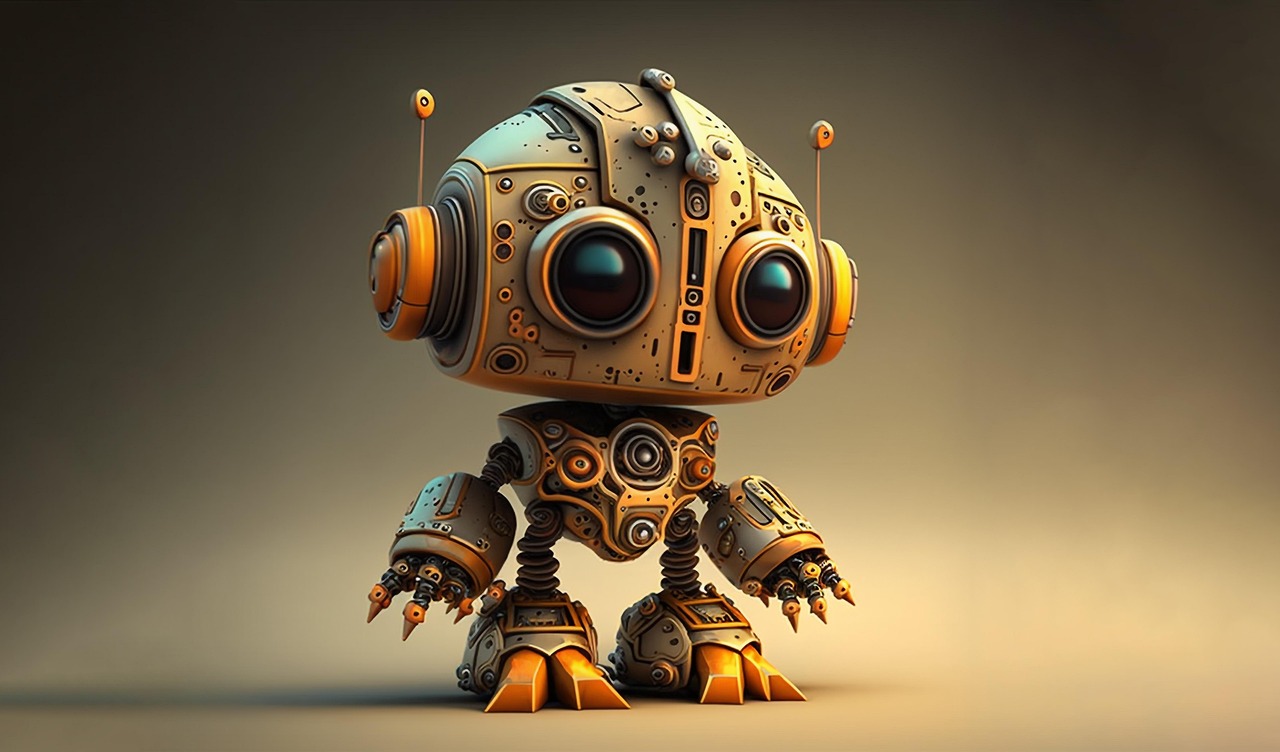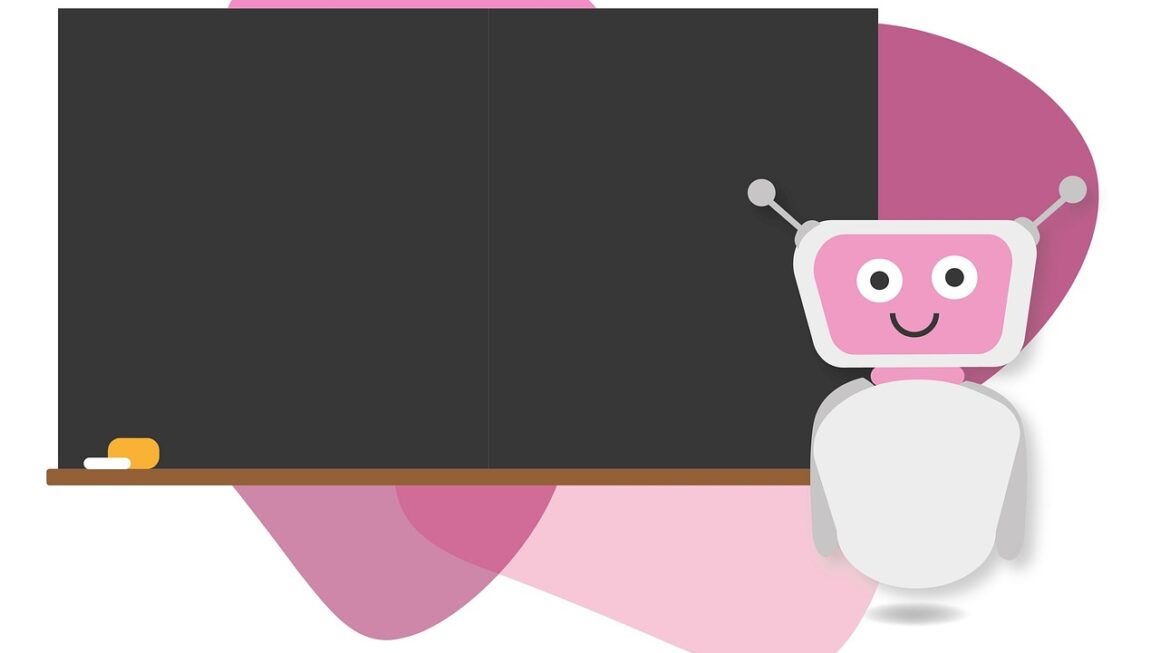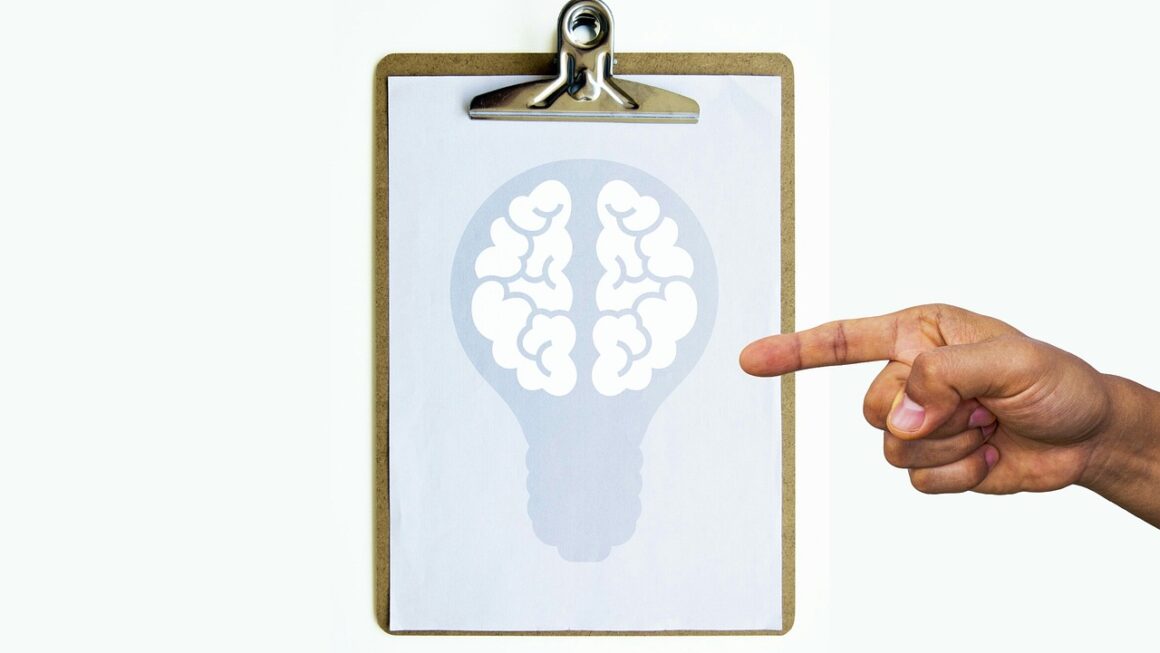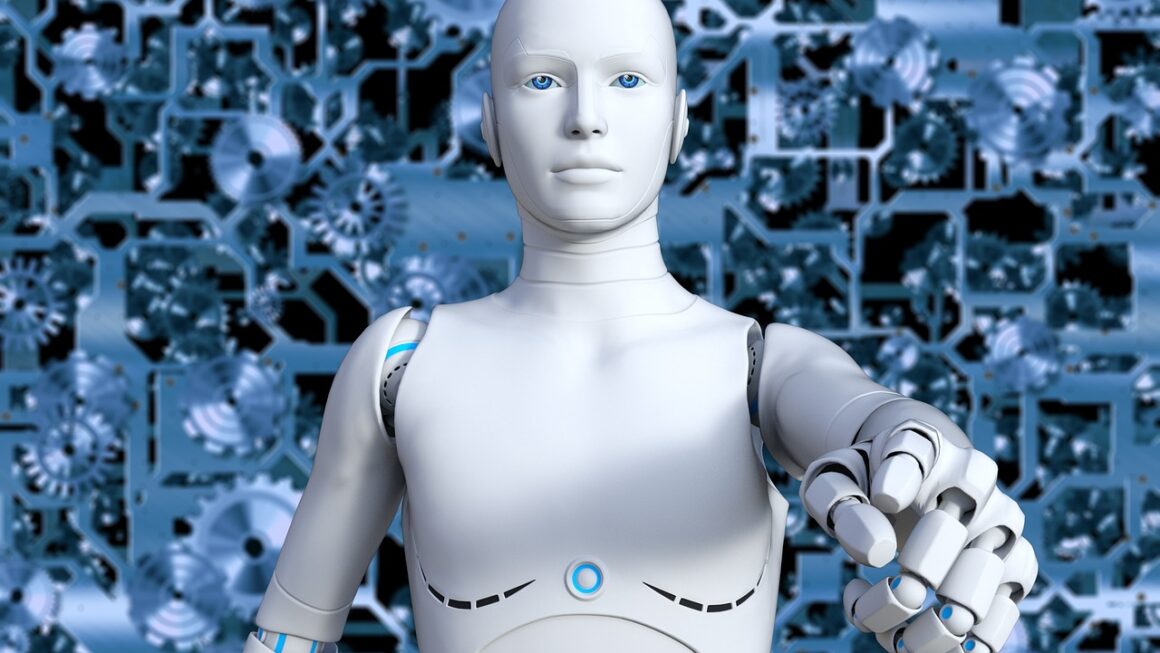The integration of Artificial Intelligence (AI) into our daily routines is no longer a futuristic fantasy; it’s a tangible reality reshaping how we live, work, and interact with the world. From smart homes to personalized recommendations, AI is quietly revolutionizing our lifestyles, making them more efficient, convenient, and tailored to our individual needs. This article delves into the multifaceted aspects of the AI lifestyle, exploring its impact on various facets of modern living and offering insights into how to harness its potential for a better, more connected future.
AI in the Home: Smart Living Spaces
Enhanced Comfort and Convenience
AI-powered smart home devices are streamlining household tasks and enhancing comfort. Voice assistants like Amazon Alexa and Google Assistant allow us to control lighting, temperature, entertainment, and security systems with simple voice commands.
- Example: Imagine walking into your home after a long day, saying “Alexa, I’m home,” and having the lights automatically dim, the temperature adjust to your preferred setting, and your favorite music playlist start playing.
- Benefits:
Increased convenience and ease of use.
Personalized environmental controls.
Hands-free operation for various tasks.
Improved home security with smart locks and surveillance systems.
Energy Efficiency and Savings
AI can optimize energy consumption in our homes by learning our habits and adjusting thermostats, lighting, and appliance usage accordingly. Smart thermostats like Nest, for example, learn your heating and cooling preferences and automatically adjust the temperature to save energy when you’re away or asleep.
- Example: Smart appliances, such as refrigerators, can monitor food inventory, suggest recipes based on available ingredients, and even automatically reorder groceries when supplies run low.
- Statistics: According to a report by Navigant Research, smart home energy management systems can reduce energy consumption by up to 15%.
- Actionable Takeaway: Invest in smart home devices that prioritize energy efficiency and learn to customize their settings to maximize savings.
AI and Health: Personalized Wellness
Wearable Technology and Health Monitoring
Wearable devices like smartwatches and fitness trackers use AI to monitor various health metrics, including heart rate, sleep patterns, activity levels, and even blood oxygen saturation. This data provides valuable insights into our overall health and can help us make informed decisions about our lifestyle choices.
- Example: A smartwatch can detect an irregular heartbeat and alert you to seek medical attention, potentially saving your life.
- Benefits:
Proactive health monitoring.
Personalized fitness recommendations.
Early detection of potential health issues.
Improved sleep quality through sleep tracking and analysis.
AI-Powered Healthcare Applications
AI is revolutionizing healthcare through applications like disease diagnosis, drug discovery, and personalized treatment plans. AI algorithms can analyze medical images, such as X-rays and MRIs, to detect anomalies and assist doctors in making more accurate diagnoses.
- Example: AI-powered chatbots can provide preliminary medical advice, answer health-related questions, and schedule appointments, freeing up healthcare professionals to focus on more complex cases.
- Actionable Takeaway: Explore AI-powered health apps and wearable devices to track your health metrics and gain personalized insights into your well-being. Consult with your doctor before making any significant changes to your healthcare routine.
AI in Transportation: The Future of Mobility
Self-Driving Cars and Autonomous Vehicles
The development of self-driving cars promises to transform transportation, making it safer, more efficient, and more accessible. AI algorithms enable these vehicles to perceive their surroundings, navigate roads, and make decisions without human intervention.
- Example: Imagine commuting to work in a self-driving car, allowing you to relax, work, or even sleep during your journey.
- Benefits:
Reduced traffic accidents and fatalities.
Increased fuel efficiency and reduced emissions.
Greater accessibility for elderly or disabled individuals.
Reduced traffic congestion and travel times.
AI-Powered Navigation and Traffic Management
AI is already being used to optimize traffic flow and improve navigation. Navigation apps like Google Maps and Waze use AI to analyze real-time traffic data and suggest the most efficient routes, helping drivers avoid congestion and save time.
- Example: AI can predict traffic patterns based on historical data and current events, allowing traffic management systems to adjust traffic light timings and optimize traffic flow in real-time.
- Actionable Takeaway: Utilize AI-powered navigation apps to plan your routes and avoid traffic congestion. Stay informed about the latest developments in self-driving car technology.
AI and Entertainment: Personalized Experiences
Recommendation Systems and Content Curation
AI-powered recommendation systems are transforming how we discover and consume entertainment. Streaming services like Netflix and Spotify use AI algorithms to analyze our viewing and listening habits and suggest content that we are likely to enjoy.
- Example: Netflix’s recommendation engine suggests movies and TV shows based on your viewing history, ratings, and preferences, increasing the likelihood that you’ll find something you like.
- Benefits:
Personalized entertainment experiences.
Discovery of new and relevant content.
Reduced time spent searching for entertainment.
Increased engagement with content platforms.
AI-Generated Art and Music
AI is also being used to create original art and music. AI algorithms can analyze existing artwork and musical compositions to learn the underlying patterns and styles, and then generate new pieces that are inspired by those patterns.
- Example: Several AI-powered music composition tools allow users to create original music tracks by specifying parameters such as genre, tempo, and instrumentation.
- Actionable Takeaway: Explore AI-powered entertainment platforms to discover new content and personalize your entertainment experiences. Experiment with AI-generated art and music tools to unleash your creativity.
Conclusion
The AI lifestyle is rapidly evolving, offering unprecedented opportunities to enhance our lives in numerous ways. From smart homes and personalized healthcare to autonomous transportation and AI-powered entertainment, AI is transforming the world around us. By embracing these technologies and understanding their potential, we can unlock a future where our lives are more efficient, convenient, and fulfilling. As AI continues to advance, it’s crucial to stay informed about its capabilities and ethical considerations to ensure that we harness its power for the betterment of society.




